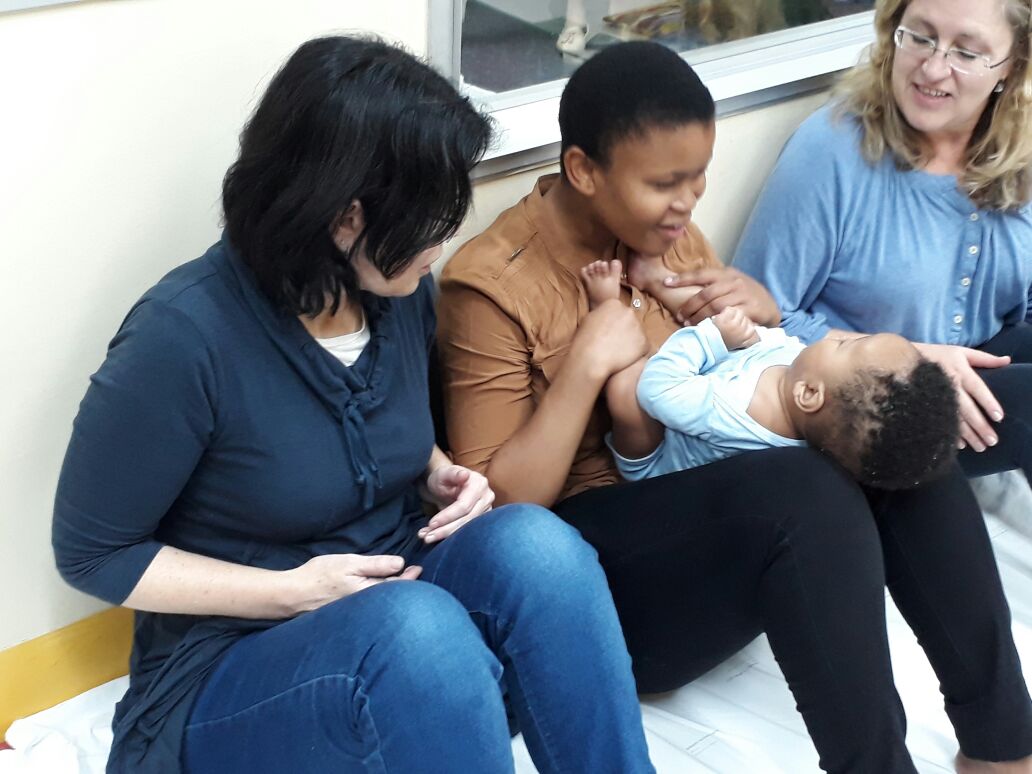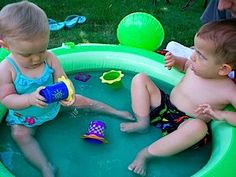It can be exhausting to look after a young child, especially if the child has a visual impairment and needs help to develop and make sense of the world. Other families who raised a child with a visual impairment say it is important to know your limits and to avoid becoming overwhelmed and exhausted.
The Parents
Parents of visually impaired children must look after themselves and work through the difficult emotions which inevitably occur after the birth of such a child.
Reading these excellent articles will help parents to acknowledge and cope with their own emotions, but also with including the child with the visual impairment into the family and broader community.
Things I’ve learned since becoming a Special Needs Parent
Bonding
The first social contact babies have is usually with their mothers during feeding times. This happens through eye contact. The mother smiles and talks to the baby while feeding the child and this is how bonding happens. Handling and touching the baby also plays an especially significant role.
The baby with visual impairment cannot make eye contact with the mother. Therefore, there is no ‘communication’ between them. This not only causes the baby to be passive and withdrawn from the mother, but likewise the mother from the baby. The mother may feel that the baby does not respond to her, so she withdraws, leading to estrangement between them. Less interaction and handling of the baby by the mother occurs, and therefore less social contact.

Social Interaction
The social interaction of the child with visual impairment is more complicated than that of the sighted child because facial expressions, body language and other visual clues have never been seen. Parents need to give extra guidance and assistance in this respect. The following article explains this further:
Tips from Other Parents
- Try to meet other families who have children with visual impairments; they’re a unique and invaluable source of information and experience.
- Approach big tasks one step at a time.
- Be realistic when estimating time and try to build in a big enough margin for your child to do things at their pace. This isn’t always possible, but when you can build in the extra time likely to be needed, everyone arrives happier. Often parent carers feel most stressed when they have to be at a certain place at a certain time, e.g., on time for school or work.
- Try to involve your other children with the new baby and explain to them what the baby’s visual impairment means. Here are some practical tips about explaining visual impairment to siblings.
- Involve your other children

- Take a break. Plan small breaks for yourself during the day. When your baby is having a daytime nap, ten minutes with your feet up reading a magazine will do you better than ten minutes of housework.
- Get out on your own from time to time. It may be hard to make the necessary arrangements for your child to be looked after, but it can be worth it. You and your child benefit from relationships with other people, and a chat with a friend or a trip to the shops may give you renewed energy or ideas, or just give you time to think, away from everyday chores.
- Recognise that it’s difficult to cope with the unknown. Acknowledging this may help you to deal better with uncertainty. Being positive and taking action to help your baby can help you to feel more in control.
- Find some help – and when you have found it, use it. Spread the load. Involve family and friends. Invite other parent carers in for a coffee and a chat – in the early years, this will also encourage your children to play together spontaneously.
- In the following articles there are more tips about involving others and how to make your visually impaired child part of your family life and the world around you.
- Involve Family and Friends.
- The Blined Child: Part of the Family, Part of the World.

Send questions or comment about ECD here:
